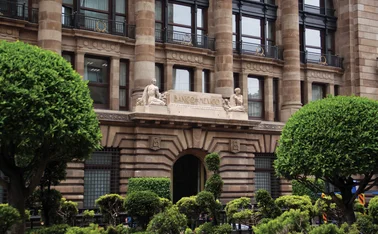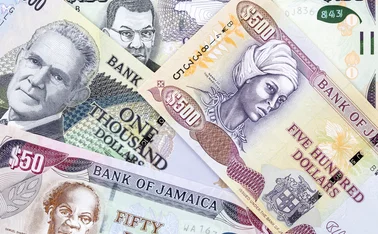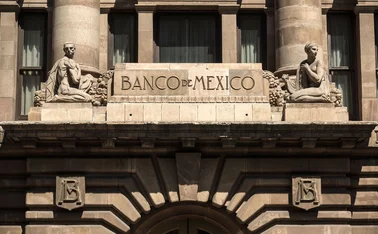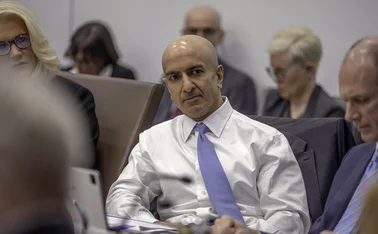
Icelandic MP posits radical monetary reform
Report proposes scrapping fractional reserve banking
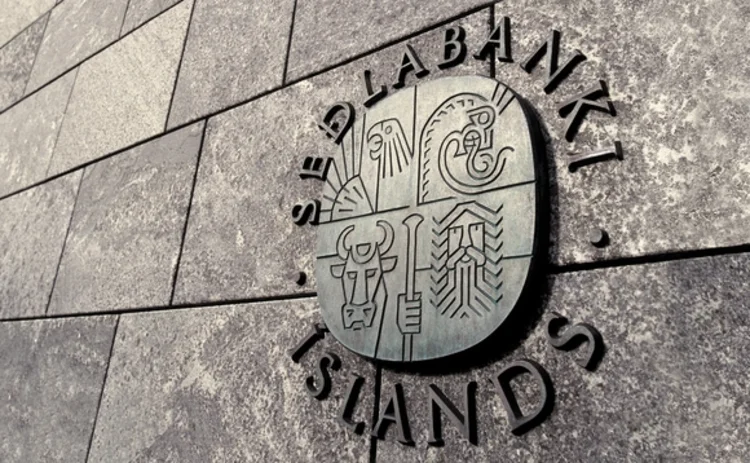
A report commissioned by the Icelandic prime minister proposes scrapping the country's system of fractional reserve banking and handing the Central Bank of Iceland sole authority over money creation.
The report is authored by Frosti Sigurjónsson, a member of Iceland's ruling Progressive Party. In it he argues the central bank is "not in control of the money supply", as lending by commercial banks is the main determinant of money in circulation, with central bank interest rates relegated to a
Only users who have a paid subscription or are part of a corporate subscription are able to print or copy content.
To access these options, along with all other subscription benefits, please contact info@centralbanking.com or view our subscription options here: www.centralbanking.com/subscriptions
You are currently unable to print this content. Please contact info@centralbanking.com to find out more.
You are currently unable to copy this content. Please contact info@centralbanking.com to find out more.
Copyright Infopro Digital Limited. All rights reserved.
As outlined in our terms and conditions, https://www.infopro-digital.com/terms-and-conditions/subscriptions/ (point 2.4), printing is limited to a single copy.
If you would like to purchase additional rights please email info@centralbanking.com
Copyright Infopro Digital Limited. All rights reserved.
You may share this content using our article tools. As outlined in our terms and conditions, https://www.infopro-digital.com/terms-and-conditions/subscriptions/ (clause 2.4), an Authorised User may only make one copy of the materials for their own personal use. You must also comply with the restrictions in clause 2.5.
If you would like to purchase additional rights please email info@centralbanking.com

